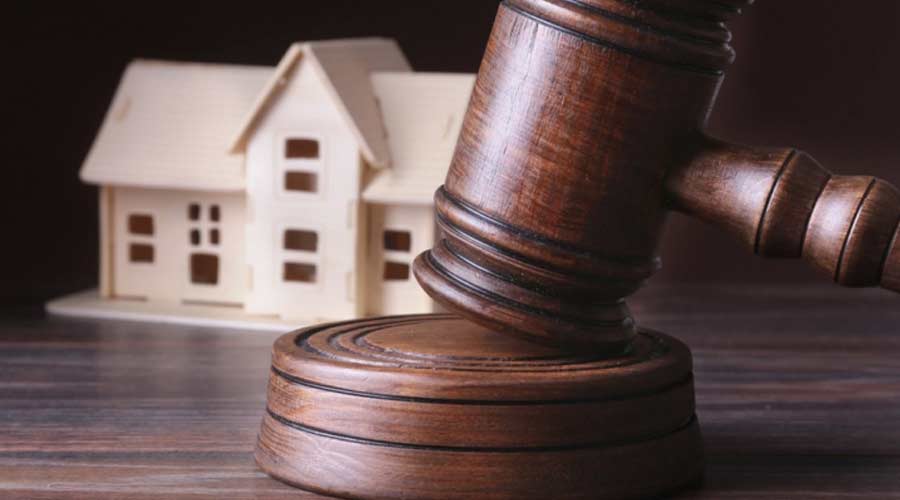Everyone that has ever consulted with a bankruptcy attorney in Florida knows that filing bankruptcy means the debtor has to file a petition and schedules itemizing all debts, assets and income. The bankruptcy petition and schedules act as an inventory and the debtor signs a declaration that the information is complete, accurate and truthful. Based upon the filed bankruptcy schedules and information debtors seek a discharge of all or most of their debts. Few people know that the United Sates Trustee Program (USTP), a component of the Department of Justice, who is directly responsible for oversight of bankruptcy cases also conducts debtor audits on individual chapter 7 and chapter 13 bankruptcy cases.
Debtor bankruptcy audits are comprehensive public reports of specifically chosen individual cases in a particular fiscal year and they are specifically authorized under (BACPA), the Bankruptcy Abuse Prevention and Consumer Protection Act of 2005. The purpose of the bankruptcy audits is to gauge the accuracy, veracity and completeness of petitions and schedules filed by the debtor. The audits give the United States Trustee Program data about the magnitude of bankruptcy abuse and fraud in the system. The purpose of the audits are also to encourage complete and accurate bankruptcy schedules and to deter fraud and error.
How likely are bankruptcy audits? The latest bankruptcy audit report by the (USTP) came on the last quarter (May 2005), and shows that there have been approximately one audit per every 600 consumer cases filed. These audits are randomly selected by the (USTP) and due to budgetary constraints have been suspended in the past intermittently. Because a high percentage of cases selected is based on income or expenditures greater than the statistical norm for the district where the petition was filed, both debtors and attorneys must understand the particular circumstances of their cases. Bankruptcy attorneys certainly know the consequences of not fully disclosing or adding inaccurate information. Debtors are warned not to be surprised to learn that bankruptcy attorneys do not include audit work in their contract retainers as this is extra work that is merits additional compensation when it happens. Except for the accompanying attorney’s fees to their bankruptcy attorneys, and as long as there is complete disclosure and transparency in the debtor’s filed schedules in the initial filing of a bankruptcy petition, debtors should not have to fear the bankruptcy audit. Both the bankruptcy attorney and his staff and the bankruptcy debtor must work together when bankruptcy documents are filed to minimize the possibility of a bankruptcy audit.






